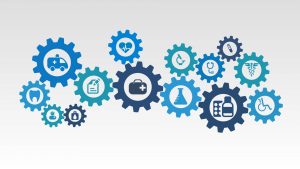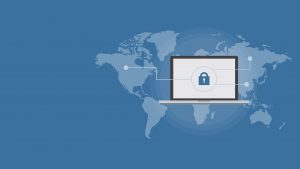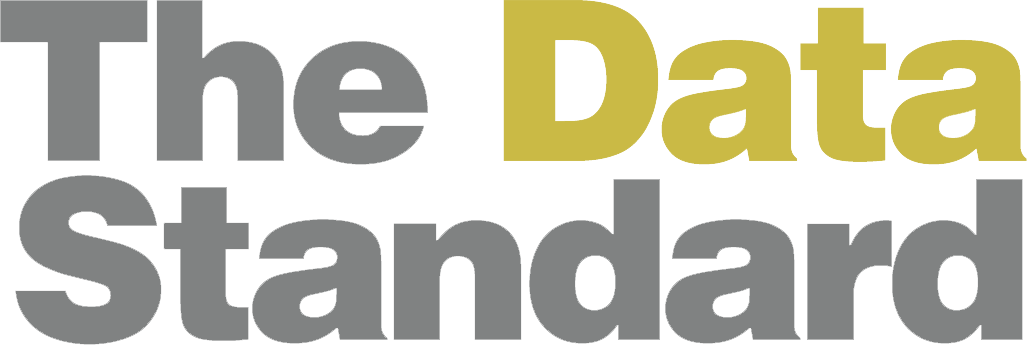If you are new to data science or looking to get into this field, you must understand what is expected of you. That includes having the necessary knowledge and skills to use all the tools that make your jobs easier.
When we say “tools,” we don’t just mean software solutions but generally all the skills a data scientist needs to get the job done. It’s always important to hone your skills to secure your place in the job market.
The data scientist job market is always evolving, and there are new things to learn each year, but here’s what you need to know for now.
1. Programming Languages
Programming languages let data scientists communicate with computers and machines. Data scientists don’t need to be the best programmers ever, but they need to be solid at it. Some of the most common programming languages data scientists use are Python, R, Julia, and SQL.
R, for example, is designed specifically for the needs of data scientists, and next to Python, it’s the most used programming language for data science. SQL is also an essential language as it makes data querying and managing within database management systems easier.
2. Math Skills
Statistics and probability are vital in data science. With this knowledge, data analysts can understand what they are working with and guide their exploration in the right direction. Understanding stats also ensures that the analysis is true and there are no logical errors.
Apart from this, data scientists also need other math skills as the foundation of their work. That includes probability, geometry, linear algebra, arithmetic, and so on.
3. Artificial Intelligence and Machine Learning
Those data scientists that know machine learning are usually in high demand. With this knowledge, data scientists have the power to analyze large volumes of data using data-driven models and algorithms aided with automation.
Machine learning also lets you remove any redundancies and clean data. Some of the machine learning techniques that can benefit data scientists include:
- Logistic regression
- Decision trees
- Unsupervised ML
- Supervised ML
4. Data Visualization
Having the ability to tell a detailed story with data is crucial, as data science involves a lot of precise communication. That’s why data visualization can be so vital to your work.
Analysts rely on graphs and charts to make their theories or findings easier to understand. One of the best tools for this kind of work is Tableau’s visualization software, and most people know how to use it.
5. Problem-solving Knowledge
One of the best tools a data analyst can have is their mind. In this profession, people have to deal with different roadblocks, bugs, and unexpected issues daily. So, if you don’t have problem-solving skills, you won’t be able to continue with your work.
Sometimes you need to innovate to overcome problems. Regardless of what other “tools” you might have in your toolbox, problem-solving skills will always give you that edge you need.
6. Distributed Messaging Systems
Distributed messaging systems are becoming a must in processes that involve big data and machine learning solutions. The whole machine learning field is complex, and there’s no room for issues when sharing large volumes of data.
These systems serve as an infrastructure that lets different program entities communicate. For data scientists working on machine learning applications, it is important to know how to use these systems for scaling and better management.
7. Excel
Excel is a classic tool for any data analyst, widely used for data processing, spreadsheet calculations, and visualization. It’s one of the essential analytical tools in data science and includes features like filters, slicers, tables, bar formulas, and much more.
8. Tools for Making Reports and Dashboards
There are tons of tools out there you can use to deliver data throughout the organization so that others can make the right decisions. With reports and dashboards, all the technical barriers are removed for giving transparent data access. They range from simple charts or tables to large dashboards that are interactive.
9. MATLAB
MATLAB is a computing environment used for the easy processing of mathematical information. It lets data scientists do statistical modeling and algorithmic implementation. MATLAB is often used by data scientists who have more scientific tasks, and it also has a graphics library for creating data visualizations.
10. Dark Analytics (unstructured data)
Experts in the data field need to know how to use unstructured data. It’s very complex and requires advanced knowledge. However, it can help you discover valuable insights that can give the key advantage in decision making.
Conclusion
The data science field is really exciting. There are new breakthroughs each year and a lot of room to showcase your sharp mind and innovation. However, it also means that you need to have the right toolset at your disposal and constantly improve it.





